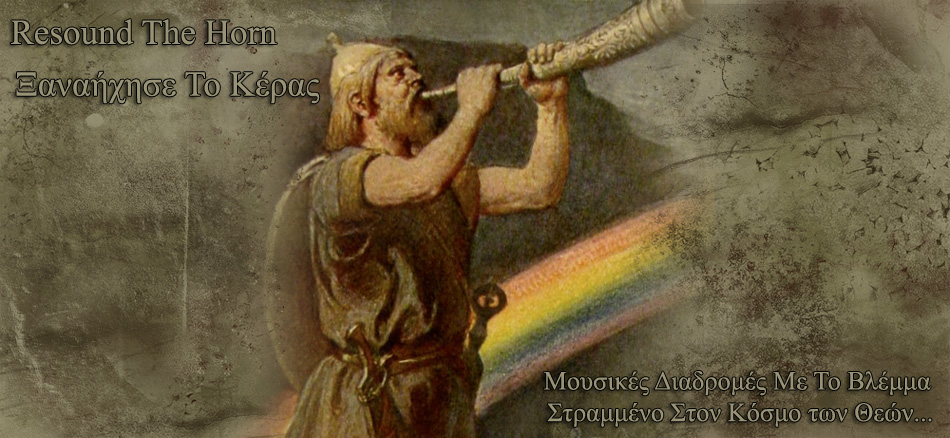The cognate term in Old Norse is urðr, with a similar meaning, but also personalized as one of the Norns, Urðr (anglicized as Urd) and appearing in the name of the holy well Urðarbrunnr in Norse mythology. The concept corresponding to "fate, doom, fortunes" in Old Norse is Ørlǫg (cf. Dutch oorlog 'war').
Wyrd is a feminine noun, and its Norse cognate urðr, besides meaning "fate", is the name of one of the Norns; urðr is literally "that which has come to pass", verðandi is "what is in the process of happening" (the present participle of the verb cognate to weorþan) and skuld "debt, guilt" (from a Germanic root *skul- "to owe", also found in English shall).
 Between themselves, the Norns weave fate or ørlǫg (from ór "out, from, beyond" and lǫg "law", and may be interpreted literally as "beyond law"). According to Voluspa 20, the three Norns "set up the laws", "decided on the lives of the children of time" and "promulgate their ørlǫg". Frigg, on the other hand, while she "knows all ørlǫg", "says it not herself" (Lokasenna 30). ørlǫglausa
"ørlǫg-less" occurs in Voluspa 17 in reference to driftwood, that is
given breath, warmth and spirit by three gods, to create the first
humans, Ask ("Ash") and Embla (possibly "Elm").
Between themselves, the Norns weave fate or ørlǫg (from ór "out, from, beyond" and lǫg "law", and may be interpreted literally as "beyond law"). According to Voluspa 20, the three Norns "set up the laws", "decided on the lives of the children of time" and "promulgate their ørlǫg". Frigg, on the other hand, while she "knows all ørlǫg", "says it not herself" (Lokasenna 30). ørlǫglausa
"ørlǫg-less" occurs in Voluspa 17 in reference to driftwood, that is
given breath, warmth and spirit by three gods, to create the first
humans, Ask ("Ash") and Embla (possibly "Elm").Mentions of wyrd in Old English literature include The Wanderer, "Wyrd bið ful aræd" ("Fate remains wholly inexorable") and Beowulf, "Gæð a wyrd swa hio scel!" ("Fate goes ever as she shall!").


Δεν υπάρχουν σχόλια:
Δημοσίευση σχολίου